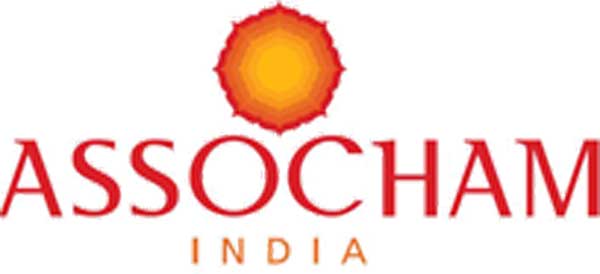
Indian medical device firms be given faster access to US-FDA: Study
New Delhi, Oct 14 (IBNS): The ASSOCHAM has suggested that the Indian firms engaged in the manufacture of medical devices, be enabled faster access to the US drug and pharmaceutical regulator FDA or FDA equivalent certifications in a cost effective manner through a fast track FDA desk in India with the government, facilitating such a dispensation, according to an ASSOCHAM-MRSS India.Com joint study.
The medical devices sector has been witnessing an increased interest from the MNCs which have stepped up their footprints in India, along with locating their key research centres in the Indian cities. The inflow of foreign direct investment (FDI) in medical devices was $90 million between December 2014 and August 2015, post the government permitting 100 per cent FDI under the automatic route, jointly conducted by The Associated Chambers of Commerce and Industry of India (ASSOCHAM) and MRSSindia.com.
The global medical devices and technology market is expected to grow to $520 billion by 2020. The Indian market is among the top 20 in the world by market size, and fourth in Asia after Japan, China and South Korea, the study noted.
Financial measures need to be undertaken to incentivise manufacturing in this emerging sector and specifically in creating an ecosystem in the early stages of the manufacturing. The scope for expansion is huge as India’s per capita spend on medical devices is the lowest among the BRIC (Brazil, Russia, India and China) countries, India spends a meagre share of $3 less than China ($7), Brazil ($21) and Russia ($42) which is significantly behind developed economies like the US ($340), noted the study, indicating a huge potential in the untapped areas.
Indian medical device industry is worth over Rs 60,000 crore even as country’s import bill for this segment amounts to over Rs 23,000 crore while exports amount to about Rs 7,000 crore , it said.
The ASSOCHAM suggested that parity of duty on raw materials with finished goods should be maintained to enable the industry move from the inverted duty structure.
Focus can be given on product segments ranging from low to medium technology and with a precedence of manufacturing in India in the short term. These include disposables, consumables, certain imaging equipment, implants, stents, some categories of laboratory diagnostics equipment, innovative mHealth based solutions etc. Indigenous manufacture in these items can be provided incentives.
The Government plays a critical role in developing the ecosystem (suppliers, buyers, distribution etc.) of the medical devices industry. The Government is also a large purchaser of medical devices with its network of medical colleges, secondary care hospitals and primary healthcare through primary health centres and sub centres. Various other Government programs also require consumption of medical diagnostics and devices.
The Government can play a role in enabling medical devices manufacturers with faster access to FDA or FDA equivalent certifications in a cost effective manner. A possible option is to set-up a fast track FDA desk in India, with the Government of India subsidizing certification expenses.
Support Our Journalism
We cannot do without you.. your contribution supports unbiased journalism
IBNS is not driven by any ism- not wokeism, not racism, not skewed secularism, not hyper right-wing or left liberal ideals, nor by any hardline religious beliefs or hyper nationalism. We want to serve you good old objective news, as they are. We do not judge or preach. We let people decide for themselves. We only try to present factual and well-sourced news.







